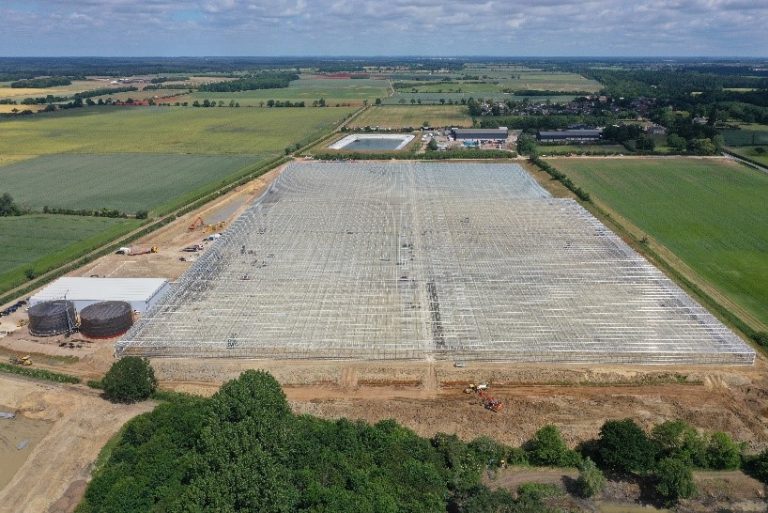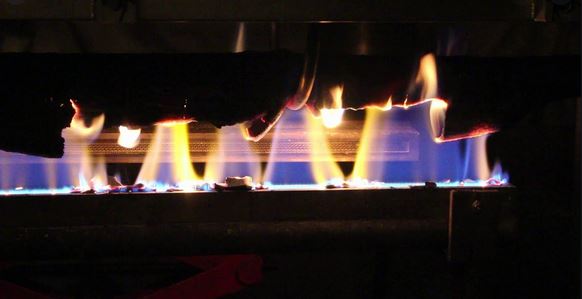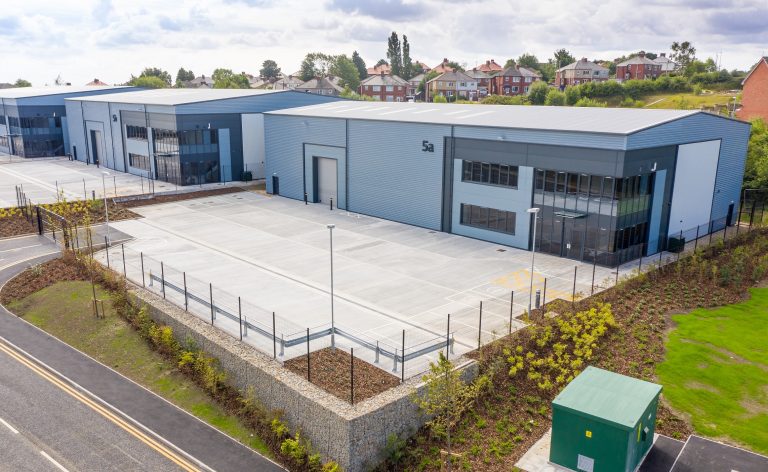The European Commission has announced the winners of the second edition of Horizon Impact Award, a prize dedicated to EU-funded projects that have created societal impact across Europe and beyond. The winning projects have helped to reduce the CO2 footprint of numerous leading airlines, developed the first transparent display that several companies have already put on the market, improved the quality of life for children with heart failure, used innovative technology to preserve threatened species in the Southern Ocean and conserved European heritage by digitally translating historical handwritten documents. Mariya Gabriel, Commissioner for Innovation, Research, Culture, Education and Youth, said: European research and innovation programmes fund the best ideas to advance science and generate knowledge but also to translate these results into concrete benefits for society. The Horizon Impact Award serves to demonstrate how successful uptake of research results can create impact in every corner of our society. I am delighted to see that there are many great examples of how research and innovation directly benefits citizens. In many different ways, their ideas and products have changed people’s daily lives for the better. The winners were announced at the European Research and Innovation Days in Brussels. An independent jury selected the winning projects from 10 finalists. Each of the winners will receive €10,000: CARING (France), produced an ‘eco-software’ SkyBreathe®, which analyses millions of flights every year and identifies best practices to save fuel. The software has been deployed in every continent, with clients including Air France, CEBU Pacific, Flydubai, to name a few. The deployment in lower middle-income countries provides a means to reduce their CO2 footprint that contributes to global warming. Overall this technology has already helped 40 airlines to save $US150 million (€178 million) and 590 000 tons of CO2 and continues so on a daily basis thus creating an economic, environmental and societal benefit and supporting the aims of the European Green Deal. Read more INVISIBLE (Portugal), generated a new technological field, where the results of this project have endless applications in a wide range of industries. Manufactured in Europe and working with SAMSUNG, the project INVISIBLE has developed the first transparent display that is commercialised by several companies. This fundamental research lead to other innovative developments in other multi-billion-dollar industries such as ink-jet printing and smart medical diagnostics. Being the European pioneer in the field, INVISIBLE is an example of truly global scientific leadership. Read more MACH (Germany), developed a mobile driving unit EXCOR®Active that provides mobility and independence to children with end-stage heart failure pending heart transplant operations. The driving unit for blood pumps is smaller, lighter and portable and allows children and their families to be mobile, eliminating time spent in the hospitals. The machine is already on the European market and benefitting little patients in Germany. The project created impact not only for the children, but also for healthcare workers as the device is lighter and easier to manage. Read more OCEAN SENTINEL (France), creates environmental and a policy impact by preserving the most threatened marine species including albatrosses, sharks, sea turtles, thus protecting the ecosystem. The project comprises an innovative technology to detect illegal fishing activity and gathers information for authorities, regional fishing and conservation agreements and non-governmental organization that are fighting to preserve the ocean and its inhabitants. The results have not only been taken up and used, but serve as a basis for discussions in international fishing and conservation agreements. Read more TRANSKRIBUS (Austria), uses artificial intelligence (AI) to access and analyse historical documents and archives, as a result contributes to the preservation of European heritage. TRANKSRIBUS technology merges the humanities with AI to pioneer a platform that enables immediate translation of historical handwritten documents. The National Archives of Finland, Italy and the Netherlands have now started to integrate it into their daily services. The technology is free and accessible not only to computer scientists, but also to researchers and scholars so making an impact in history and other relevant social sciences. Read more In addition, the European Commission takes this occasion to award one winner from the 2019 edition of the Horizon Impact Award, which was not possible at the time. FRESH-DEMO (The Netherlands) developed an energy-efficient humidification systems called the Dry-Mist technology. By prolonging product shelf life while avoiding unnecessary plastic packaging, this technology serves as a sustainable approach and a clever solution to the worldwide food waste and extensive use of plastic packaging in the food supply chain. Read more Background This Horizon Impact Award, launched in February this year, aims to illustrate the wider socio-economic benefits of EU investment in research and innovation and to encourage project beneficiaries on how best to manage and utilise research results. The prize acknowledges and rewards the most influential and impactful project results under Horizon 2020, the current EU research and innovation programme (2013-20), and its predecessor, the 7th Framework programme (FP7, 2007-13). The European Research and Innovation Days provide an opportunity for decision-makers, industry, finance, academia and businesses to debate and shape the future EU research and innovation landscape and to discuss the strategic priorities of Horizon Europe, the next EU research and innovation programme (2021-27).













